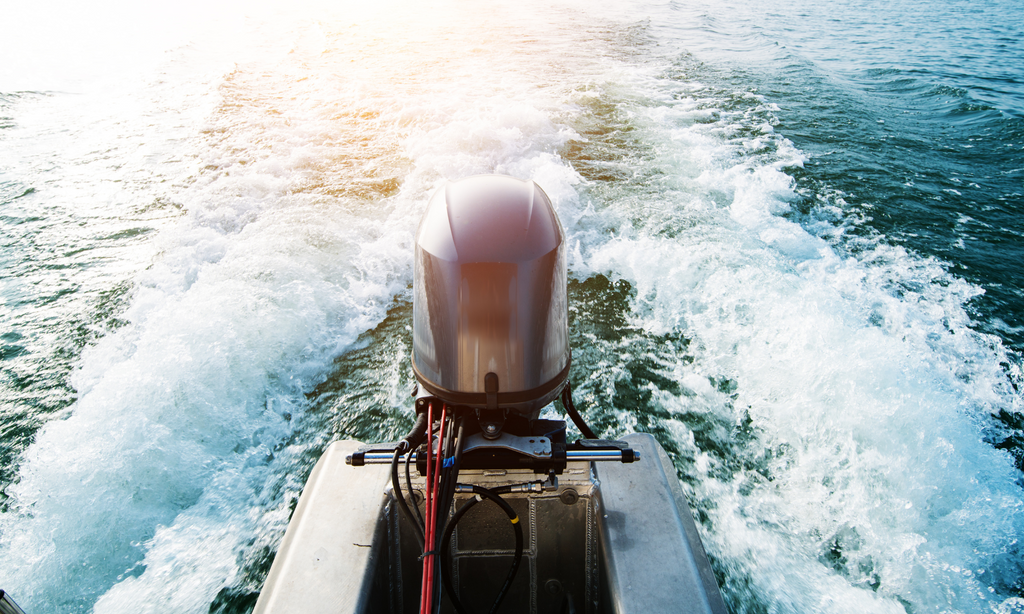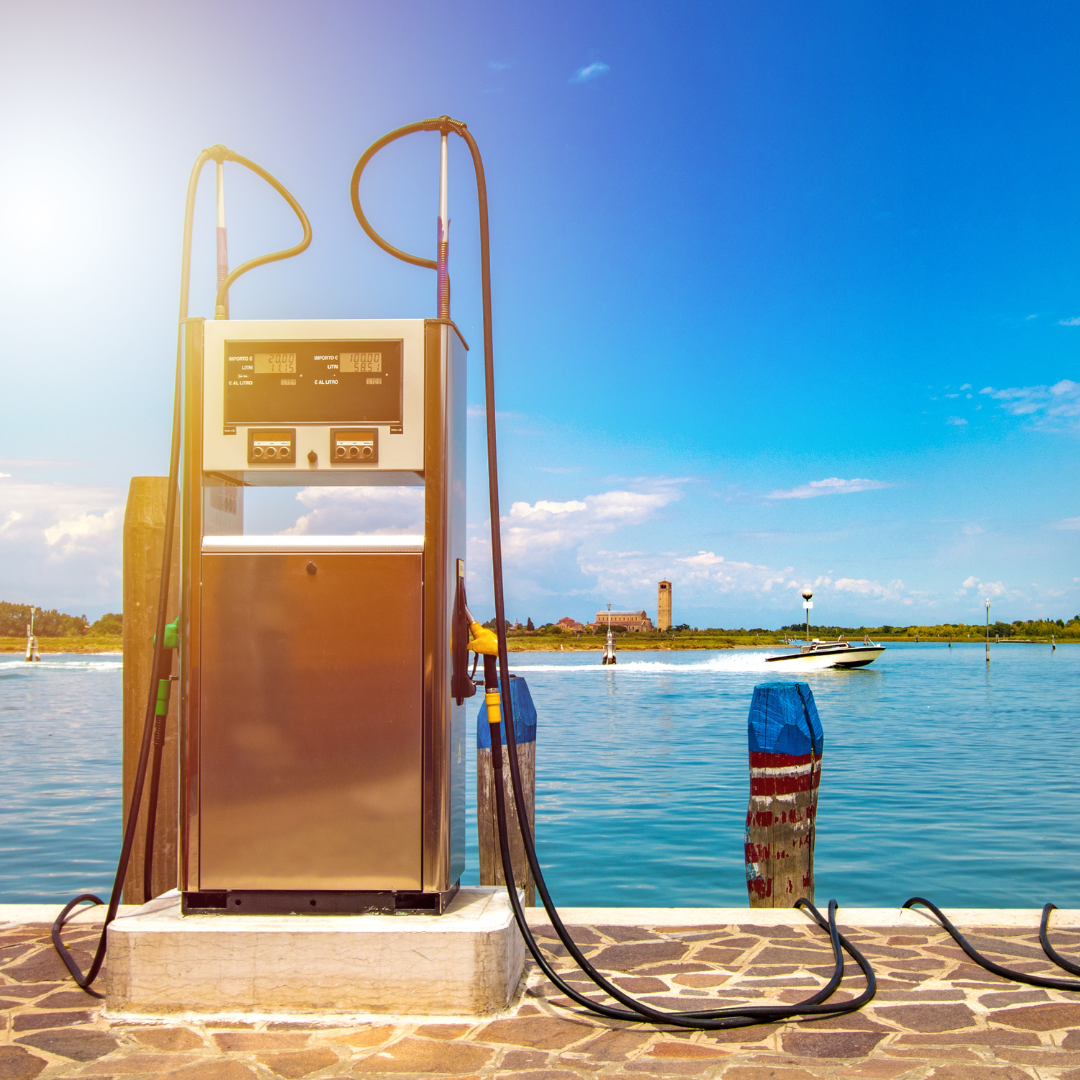For boaters, the open water represents freedom, adventure, and a chance to escape the everyday. But before you cast off for your next voyage, there's one crucial task often overlooked: cleaning your boat's fuel tank. While it may not be the most glamorous job, neglecting it can lead to costly repairs, engine problems, and even safety hazards.
Why Clean Your Fuel Tank?
Fuel tanks are breeding grounds for trouble. Water condensation, debris, algae, and sludge can accumulate over time, contaminating your fuel and wreaking havoc on your engine. Here's why regular cleaning is vital:
- Prevent engine damage: Contaminated fuel clogs filters, injectors, and pumps, leading to reduced performance, engine overheating, and potential breakdowns.
- Extend engine life: Clean fuel burns efficiently, minimizing wear and tear on your engine components, saving you money and extending its lifespan.
- Improve fuel efficiency: Clean fuel allows for complete combustion, maximizing your fuel economy and saving you money at the pump.
- Reduce safety risks: Water and sludge can corrode fuel lines and tanks, increasing the risk of leaks and fires. Cleaning mitigates these risks, ensuring a safer boating experience.

When To Clean Your Fuel Tank
There's no one-size-fits-all answer, as it depends on factors like fuel usage, storage conditions, and the type of fuel you use. However, a good rule of thumb is to clean your tank:
- Every year: If you use your boat frequently, especially in saltwater environments.
- Every two years: For moderate use in freshwater.
- Before extended storage: To prevent contamination during long layups.
Signs Your Fuel Tank Needs Cleaning
Even if you follow a regular cleaning schedule, be mindful of signs that your tank may need immediate attention:
- Engine performance issues: Difficulty starting, stalling, rough idling, loss of power.
- Water in the fuel filter: Visible water droplets or cloudy fuel in the filter bowl.
- Presence of sludge or debris: Visible contaminants in the fuel or tank.
- Fuel odors: Strong gasoline or diesel smell around the engine compartment.
DIY or Pro? Why Choose NextWave Marine For Fuel Tank Cleaning
- DIY: Affordable, hands-on satisfaction, but requires expertise, tools, and safety measures (be a responsible captain!).
- Professional: Safe, efficient, thorough cleaning by experts, but comes at a cost (invest in peace of mind!).
Fuel Tank Cleaning Safety
Fuel tank cleaning can be dangerous if not done properly. Always prioritize safety by following these guidelines:
- Work in a well-ventilated area away from heat sources.
- Wear appropriate safety gear, including gloves, eye protection, and a respirator.
- Turn off all electrical devices and appliances.
- Ground yourself to prevent static discharge.
- Follow the manufacturer's instructions for any cleaning products or tools.
- Dispose of waste fuel and cleaning materials responsibly.
Maintaining Clean Fuel
Prevention is key. Here are some tips to keep your fuel clean between cleanings:
- Use high-quality fuel filters.
- Treat your fuel with a stabilizer for long-term storage.
- Avoid filling your tank completely to allow room for expansion and condensation.
- Inspect your fuel system regularly for leaks.
By prioritizing fuel tank cleaning and maintenance, you'll ensure smooth sailing, optimal engine performance, and peace of mind on your next boating adventure. Remember, taking care of your boat means protecting its fuel system, keeping you, your loved ones, and the environment safe while maximizing your enjoyment on the water.


